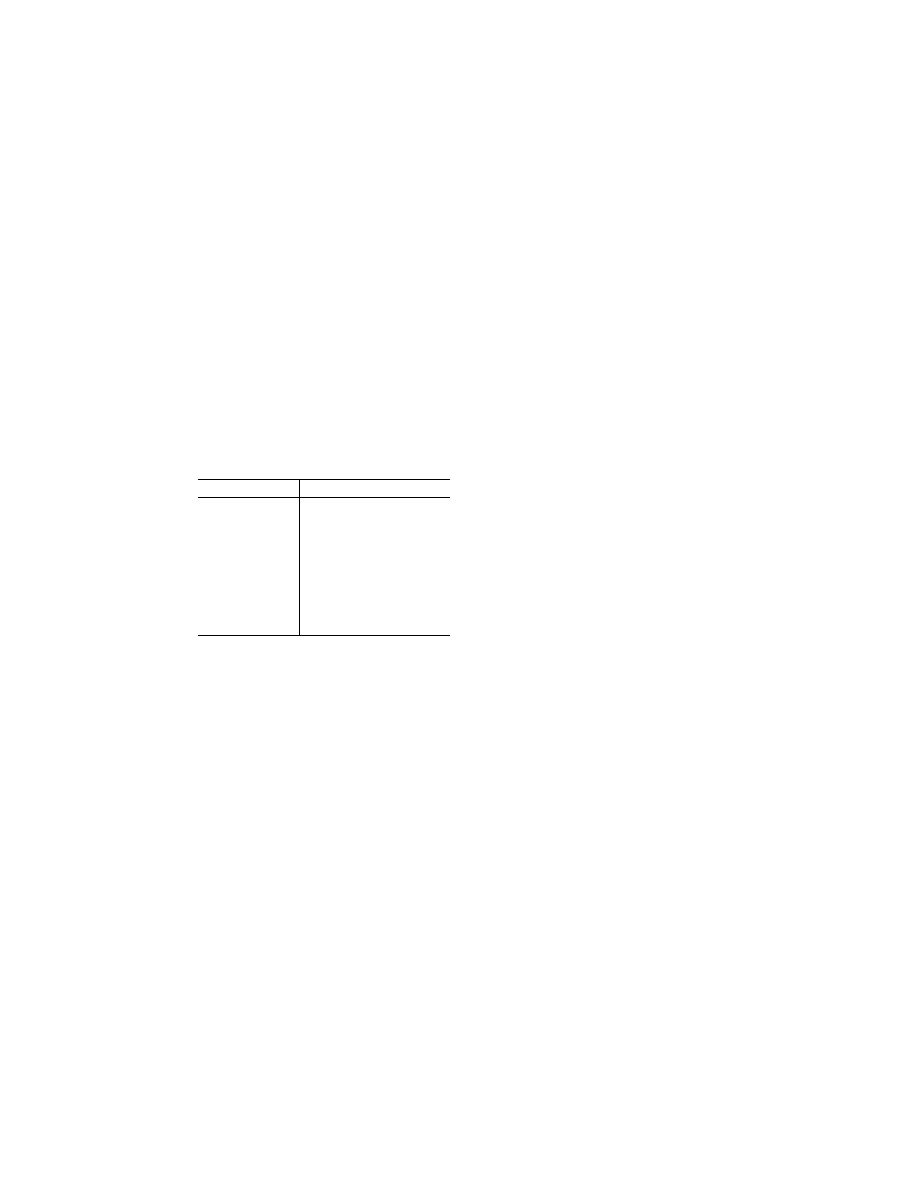
513
Federal Aviation Administration, DOT
§ 27.621
(1) Where applied loads are eventu-
ally distributed through a single mem-
ber within an assembly, the failure of
which would result in loss of structural
integrity of the component, 99 percent
probability with 95 percent confidence;
and
(2) For redundant structure, those in
which the failure of individual ele-
ments would result in applied loads
being safely distributed to other load-
carrying members, 90 percent prob-
ability with 95 percent confidence.
(c) The strength, detail design, and
fabrication of the structure must mini-
mize the probability of disastrous fa-
tigue failure, particularly at points of
stress concentration.
(d) Design values may be those con-
tained in the following publications
(available from the Naval Publications
and Forms Center, 5801 Tabor Avenue,
Philadelphia, Pennsylvania 19120) or
other values approved by the Adminis-
trator:
(1) MIL-HDBK-5, ‘‘Metallic Materials
and Elements for Flight Vehicle Struc-
ture’’.
(2) MIL-HDBK-17, ‘‘Plastics for
Flight Vehicles’’.
(3) ANC-18, ‘‘Design of Wood Aircraft
Structures’’.
(4) MIL-HDBK-23, ‘‘Composite Con-
struction for Flight Vehicles’’.
(e) Other design values may be used if
a selection of the material is made in
which a specimen of each individual
item is tested before use and it is de-
termined that the actual strength
properties of that particular item will
equal or exceed those used in design.
(Secs. 313(a), 601, 603, 604, Federal Aviation
Act of 1958 (49 U.S.C. 1354(a), 1421, 1423, 1424),
sec. 6(c), Dept. of Transportation Act (49
U.S.C. 1655(c)))
[Doc. No. 5074, 29 FR 15695, Nov. 24, 1964, as
amended by Amdt. 27–16, 43 FR 50599, Oct. 30,
1978; Amdt. 27–26, 55 FR 8000, Mar. 6, 1990]
§ 27.619
Special factors.
(a) The special factors prescribed in
§§ 27.621 through 27.625 apply to each
part of the structure whose strength
is—
(1) Uncertain;
(2) Likely to deteriorate in service
before normal replacement; or
(3) Subject to appreciable variability
due to—
(i) Uncertainties in manufacturing
processes; or
(ii) Uncertainties in inspection meth-
ods.
(b) For each part to which §§ 27.621
through 27.625 apply, the factor of safe-
ty prescribed in § 27.303 must be multi-
plied by a special factor equal to—
(1) The applicable special factors pre-
scribed in §§ 27.621 through 27.625; or
(2) Any other factor great enough to
ensure that the probability of the part
being understrength because of the un-
certainties specified in paragraph (a) of
this section is extremely remote.
§ 27.621
Casting factors.
(a)
General. The factors, tests, and in-
spections specified in paragraphs (b)
and (c) of this section must be applied
in addition to those necessary to estab-
lish foundry quality control. The in-
spections must meet approved speci-
fications. Paragraphs (c) and (d) of this
section apply to structural castings ex-
cept castings that are pressure tested
as parts of hydraulic or other fluid sys-
tems and do not support structural
loads.
(b)
Bearing stresses and surfaces. The
casting factors specified in paragraphs
(c) and (d) of this section—
(1) Need not exceed 1.25 with respect
to bearing stresses regardless of the
method of inspection used; and
(2) Need not be used with respect to
the bearing surfaces of a part whose
bearing factor is larger than the appli-
cable casting factor.
(c)
Critical castings. For each casting
whose failure would preclude continued
safe flight and landing of the rotorcraft
or result in serious injury to any occu-
pant, the following apply:
(1) Each critical casting must—
(i) Have a casting factor of not less
than 1.25; and
(ii) Receive 100 percent inspection by
visual, radiographic, and magnetic par-
ticle (for ferromagnetic materials) or
penetrant (for nonferromagnetic mate-
rials) inspection methods or approved
equivalent inspection methods.
(2) For each critical casting with a
casting factor less than 1.50, three sam-
ple castings must be static tested and
shown to meet—
VerDate Sep<11>2014
09:06 Jun 28, 2024
Jkt 262046
PO 00000
Frm 00523
Fmt 8010
Sfmt 8010
Y:\SGML\262046.XXX
262046
jspears on DSK121TN23PROD with CFR
